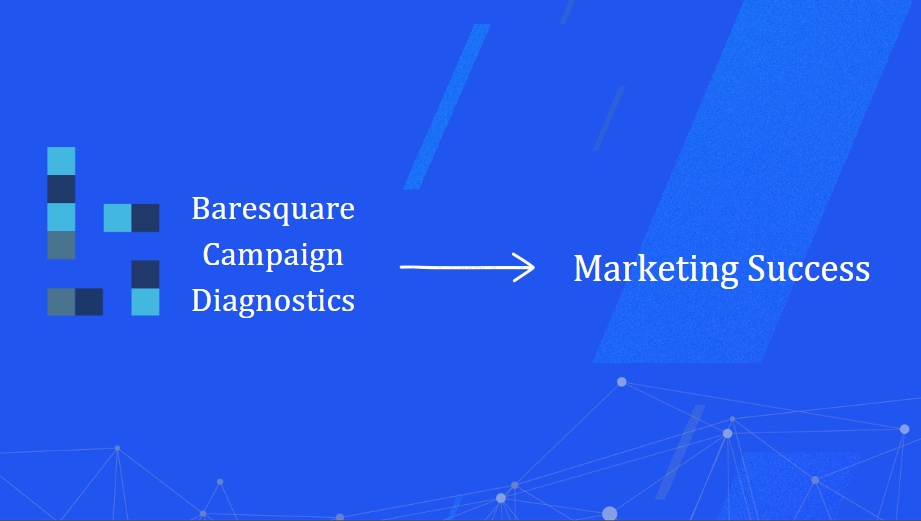Work-Life Balance Tips for Data Analysts

It’s a sunny Thursday afternoon, you are sitting in your office drinking your 3rd coffee, trying to find that insight that will take your presentation tomorrow to the next level, thinking “Why can’t I enjoy life on such a wonderful day”?
In today's fast-paced world, juggling work and personal life can be quite challenging. With the rise of remote work, maintaining a healthy balance between work and real life has become even more difficult. While work is important, having a fulfilling personal life is equally essential. A lack of work-life balance can lead to stress, burnout, and ultimately affect your overall wellbeing. Whether you're a working professional, a student, or a stay-at-home parent data analyst, this article will provide you with valuable insights to help you create a more balanced life. So, let's dive in!
Who is the Data Analyst?
Data analysts are an essential asset to any business as they possess the ability to turn raw data into valuable insights. These insights are key in driving data-driven decision-making that can inform business growth opportunities, improve customer satisfaction, streamline operations, and cut down costs.
But there's more to it than that - happy data analysts make for better work! When a data analyst is content in their role, they tend to be more productive, creative, and innovative. Additionally, it benefits employee retention - happy employees tend to stick around longer!
What is work-life balance?
Work-life balance means finding that sweet spot between work and personal life where you're not constantly stressed out from work and you have time to do the things you love outside of work too. It's all about creating a schedule and routine that allows you to be productive and focused during work hours, but also leaves room for rest, relaxation, and spending time with loved ones.
While it may take some trial and error to figure out what works best for you, remember that your well-being and happiness should always be a top priority. Remember, life isn't just about work, so make time for the things that matter to you outside of work too!

There are several contributors to a poor work-life balance for Data analysts. Some of the most common ones are:
- Working long hours
- Using incorrect analytics tools for analysis
- Difficulty disconnecting from work
- Unmanageable workloads
- Blurred boundaries between work and personal life
How is this feasible?
Balancing work and personal life is essential for both mental health and productivity. Here are some tips for achieving a good work-life balance
1. Set realistic goals
Identify your priorities and set realistic goals that align with your work and personal life. This will help you stay focused and avoid burnout.
2. Prioritize your time
Learn to prioritize your time effectively by delegating tasks and setting aside specific times for work and leisure. Use a calendar or planner to keep track of your commitments.
3. Use the correct analytics tool
Using AI products like Baresquare or ChatGPT can assist you in converting data into meaningful insights and creating presentations in a shorter amount of time
4. Exercise your body and mind
Going for a morning walk is a great way to relieve stress and improve your mood.
5. Create boundaries
Set boundaries between work and personal life, such as avoiding work-related activities during family time or after work hours.
6. Learn to say no
It's okay to say no to commitments that may interfere with your work-life balance. Learning to say no will help you prioritize your time and energy.
7. Take vacations
Taking time off work to travel or spend time with loved ones can help you relax and rejuvenate.
Conclusion
Maintaining a healthy work-life balance is a critical aspect of data analysts’ overall well-being and success.
Efficient time management, realistic goal-setting, appropriate use of analytics tools, regular physical activity, creating boundaries and disconnecting from work are all key components of achieving this balance. By incorporating these practices into your daily routine, you can achieve a sustainable work-life balance that allows you to excel in your profession while also enjoying your personal life.
It's important to note that finding balance is not an overnight process and requires consistent dedication and perseverance. However, the long-term benefits of achieving this balance are truly invaluable.
So, prioritize your well-being and begin making positive changes today! Your personal and professional life will both thank you for it!
Similar posts
Start your 30-day free trial














